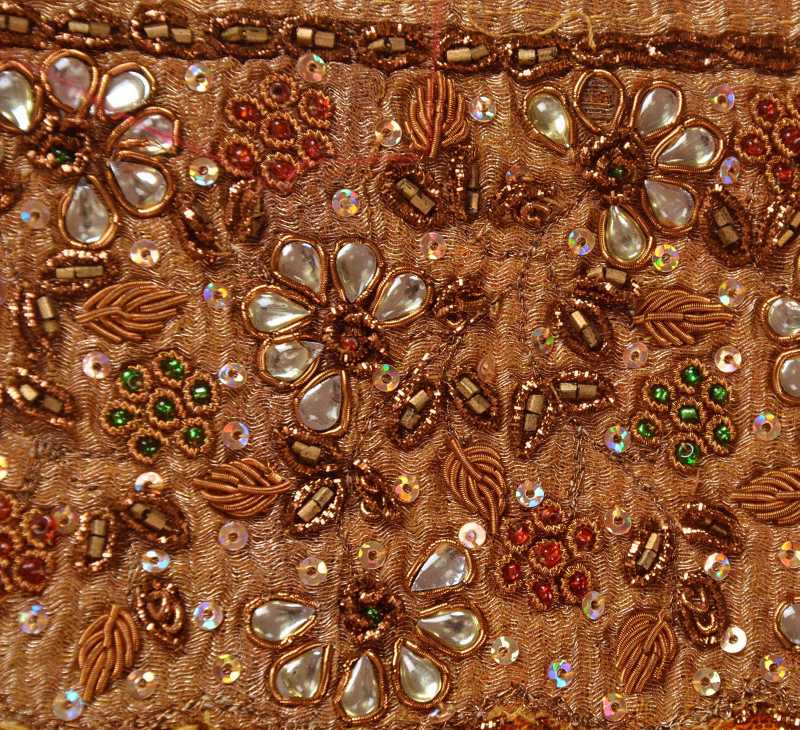===
0837,
2
===

=== |
 |
FWP:
SETS == DOUBLE ACTIVATION
MOTIFS
NAMES
TERMSThe clever duality of jahāñ dekho is also enjoyable-- it can be either a relative clause ('wherever you look'), as in (1a), or else an imperative ('look at the world'), as in (1b). And needless to say, both senses work superbly with the second line, in a process that I call 'double activation'.
Note for translation fans-- It's really hard to exactly capture bharnā . The Urdu literally says that passion is filling up 'in' the whole world. But how to put that exact sense across in English? 'Piling up'? 'Accumulating'?